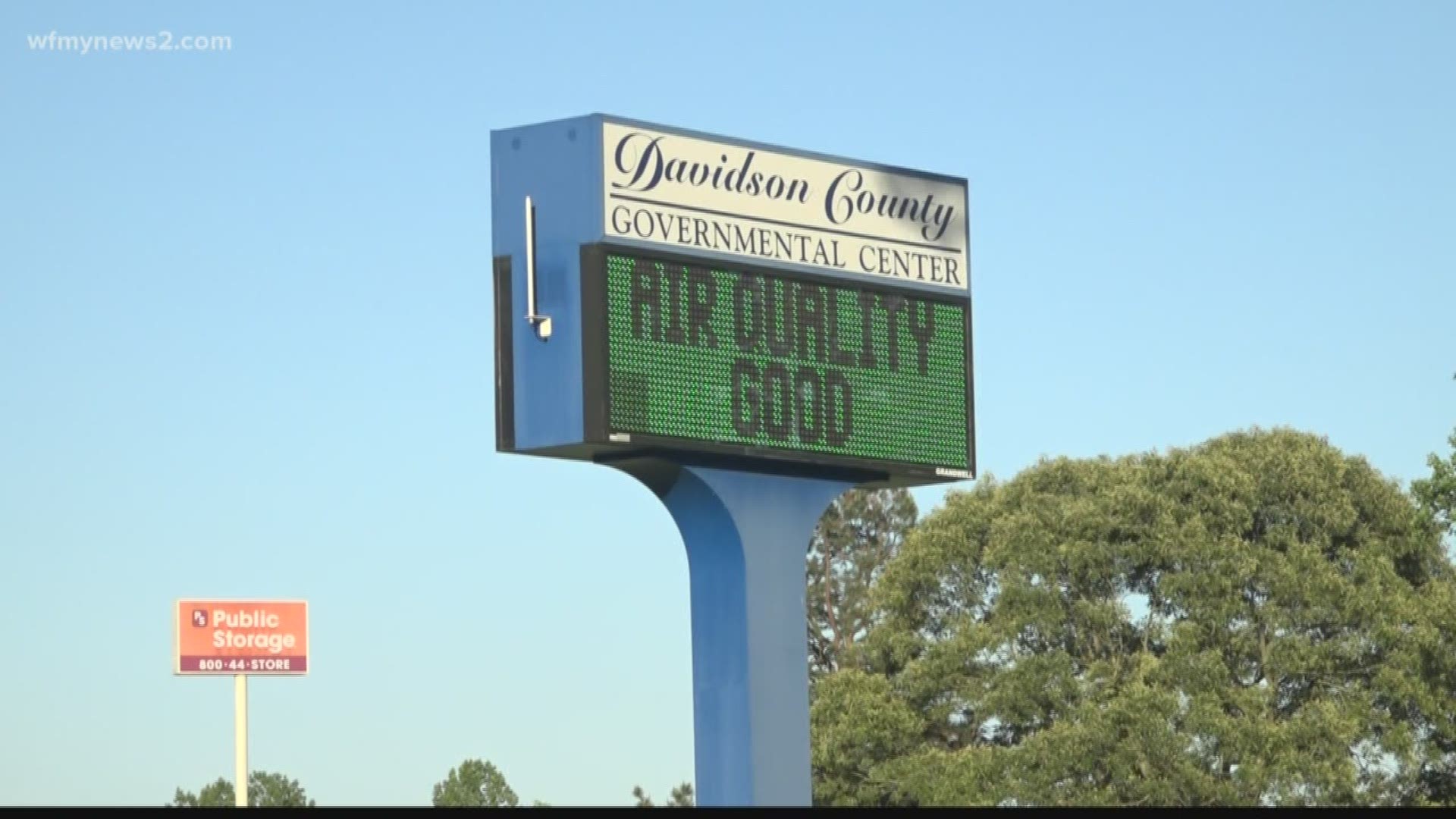NORTH CAROLINA, USA — According to new IRS data, U.S. taxpayers are half as likely to get audited as they were a decade ago. The decline stems from a big drop in the Internal Revenue Service's staff. The agency now has fewer auditors working at any point since World War II. It applies to all income brackets., but audits for millionaires have fallen more sharply than for the middle class.
According to IRS data, the audit rate for private individuals decline to 0.45% for 2019. That's down from 0.9% in 2009.
A decade ago, the audit rate was lower than the 1970's. Back then, the IRS audited about 2.5% of individual returns.
Some say the trend is allowing billions in potential tax revenue to go uncollected. Former U.S. Treasury chief Lawrence Summers says the federal government could collect an additional $100 billion a year without raising taxes at all. He says all it takes is increasing audit rates for millionaires.
According to Syracuse University analysis, audit rates for taxpayers making over $1 million cut in half between 2010 and 2018.
Audit rates for taxpayers earning $50,000 to $75,000 has declined too, but not quite as quickly. Audit rates for those folks declined 31%, dipping to 0.54% in 2018. Taxpayers who make between $1 and $25,000 saw audit rates drop by 42% to 0.69%. People earning $25,000 to $50,000 saw audit rates decline by 34% to 0.48%.
The IRS says they expect to lose up to 31% of its current workforce, almost 20,000 full-time workers, to retirement in the next five years.
IRS data for 2018 shows the percentage of returns that go audited based on income:
- $1-$25,000: 0.69%
- $25,000-$50,000: 0.48%
- $50,000-75,000: 0.54%
- $75,000-100,000: 0.45%
- $100,000-$200,000: 0.44%
- $200,000-$500,000: 0.54%
- $500,000-$1 million: 1.1%
- $1 million-$5 million: 2.2%
- $5 million-$10 million: 4.2%
- Over $10 million: 6.7%
Previous research finds people living in poor, rural counties are more likely to be audited than people living in rich areas. Kim M. Bloomquist, a former senior economist in the IRS Office of Research says the reason is an IRS policy of scrutinizing taxpayers who claim Earned Income Tax Credit (EITC). Additionally, many rural counties with high audit rates have larger minority populations. Counties with lower audit rates tend to have higher incomes and a mostly white population.

